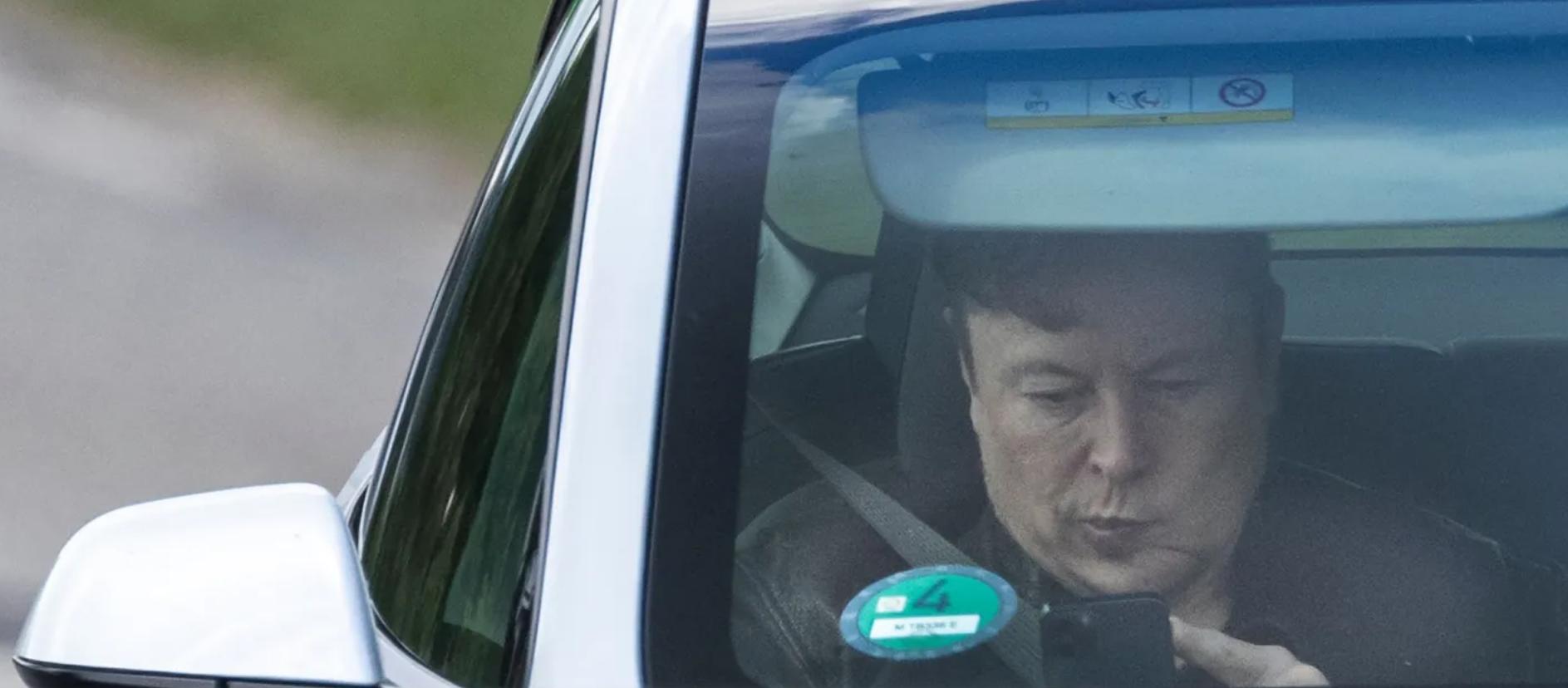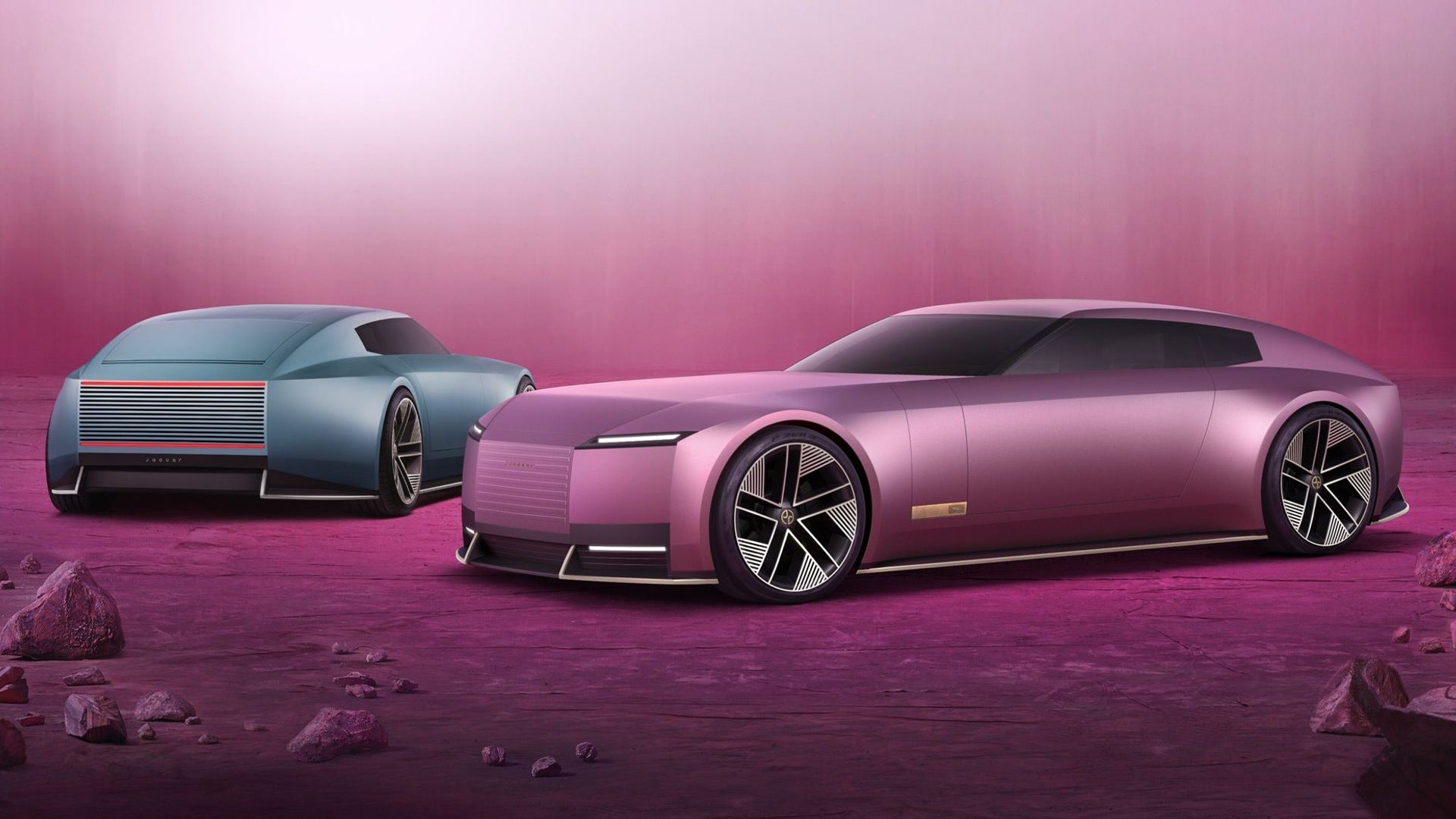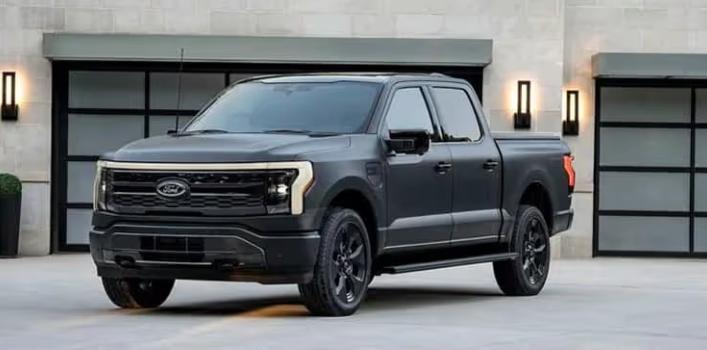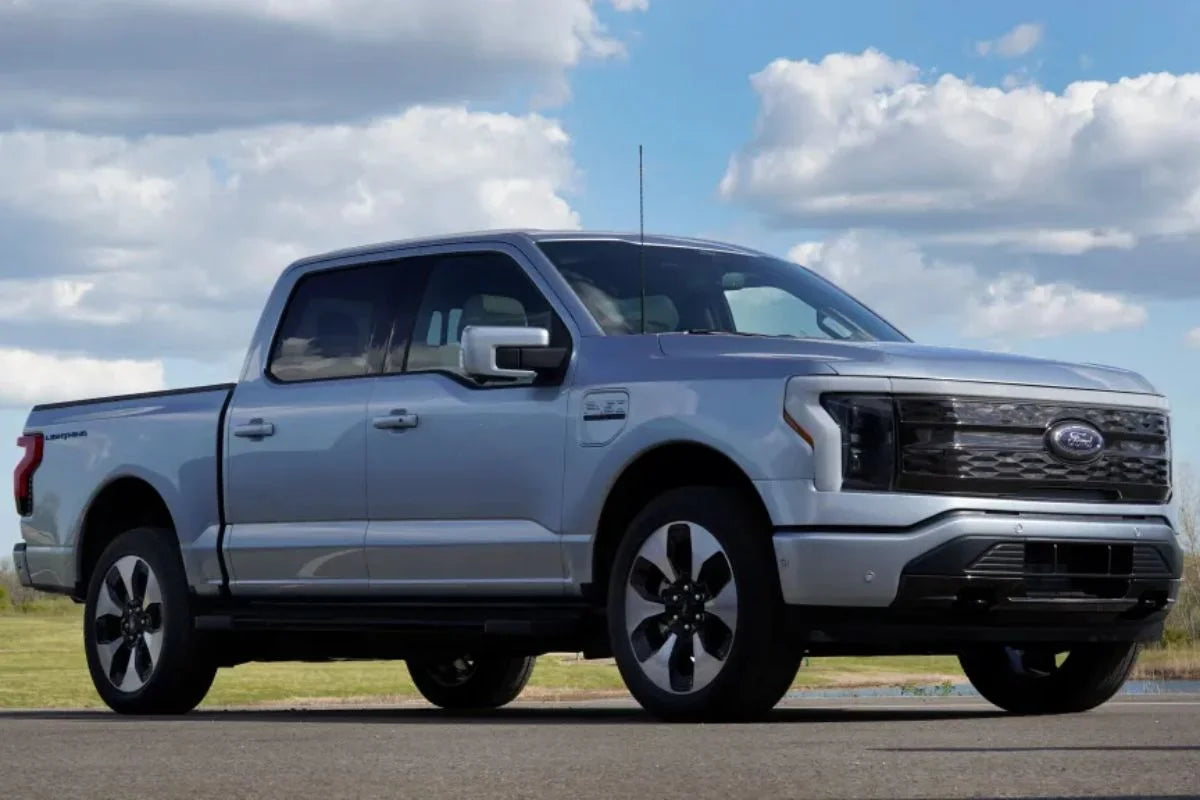Tesla a été contraint de rembourser à un client un achat de véhicule entièrement autonome (FSD) d'une valeur de 10 000 $ suite à un arbitrage concluant que le constructeur n'avait pas fourni le produit promis. Cette décision souligne la surveillance croissante du programme FSD de Tesla et son incapacité persistante à atteindre les performances annoncées, notamment la promesse de conduite autonome sans surveillance.
La promesse de Tesla en matière de conduite entièrement autonome : une histoire d'attentes déçues
Depuis 2016, Tesla affirme que tous ses véhicules sont équipés de matériel capable de prendre en charge la conduite entièrement autonome et sans supervision grâce à de futures mises à jour logicielles. L'entreprise a largement commercialisé son pack FSD – dont le prix variait entre 8 000 et 15 000 dollars au fil des ans – comme un moyen d'atteindre à terme la conduite autonome grâce à des mises à jour à distance.
Pourtant, près de dix ans plus tard, Tesla n'a pas tenu sa promesse. Au lieu de cela, l'entreprise a révisé à plusieurs reprises le matériel requis, remplaçant ses ordinateurs HW2 et HW2.5 d'origine par des unités HW3 plus récentes. Malgré cela, début 2025, le PDG Elon Musk a publiquement admis que HW3 serait également insuffisant pour atteindre une véritable capacité autonome, suggérant que de futures mises à niveau matérielles seraient nécessaires. À la mi-2025, Tesla n'avait annoncé aucun plan global de modernisation des véhicules avec des systèmes mis à jour.
Bien que les nouveaux modèles Tesla soient désormais équipés du matériel HW4, dont le déploiement a débuté en 2023-2024, les données suggèrent que le dernier logiciel associé à HW4 n'offre qu'une autonomie limitée, avec une moyenne de seulement 800 km entre les déconnexions critiques. Ce résultat est loin d'égaler l'autonomie sans surveillance et soulève de sérieuses questions quant à la capacité des configurations actuelles à tenir les promesses de longue date de Tesla.

Frustration croissante des clients et défis juridiques
Alors que Tesla continue de retarder et de restructurer sa feuille de route FSD, la frustration monte parmi les clients qui ont déboursé des milliers de dollars pour une fonctionnalité restée en version bêta perpétuelle. L'un d'eux, Marc Dobin, de Washington, a choisi de contester les pratiques marketing et de livraison de Tesla par le biais de l'arbitrage , une voie légale que Tesla impose dans ses contrats d'achat, empêchant ainsi les recours collectifs ou les contestations judiciaires traditionnelles.
Dobin, avocat chevronné et doté d'une vaste expérience en arbitrage, a acheté une Tesla Model Y en 2021, déboursant 10 000 $ pour le pack FSD. Pour lui et sa femme, dont la mobilité était en déclin, le FSD représentait non seulement une innovation, mais aussi une véritable bouée de sauvetage pour se déplacer de manière autonome.
Mais la réalité ne correspondait pas aux arguments de vente de Tesla. Dobin a découvert que l'accès à la version bêta du FSD était protégé par un système opaque de « score de sécurité » que Tesla n'avait pas divulgué lors du processus d'achat. Pire encore, même activé, le FSD nécessitait une surveillance constante du conducteur, ce qui contredisait la promesse de conduite autonome de l'entreprise.

L'arbitrage révèle des lacunes dans la documentation et la stratégie de Tesla
Sans se laisser décourager par les obstacles contractuels de Tesla, Dobin a engagé un arbitrage. Près d'un an plus tard, une audience à distance s'est tenue via Zoom. Tesla n'a présenté qu'un seul témoin : un technicien de terrain qui a admis ne pas connaître directement l'équipement du véhicule, ne pas avoir consulté les journaux de conduite de Dobin et ne pas connaître la configuration du système de freinage d'urgence (FSD) du véhicule. Ce technicien n'avait eu aucun contact avec l'équipe commerciale et ne connaissait pas les termes du contrat d'achat.
Bien que Tesla ait bénéficié de la présence de deux avocats, dont un avocat externe, aucun n'a témoigné ni soutenu efficacement les déclarations du technicien. Dobin a décrit l'audience comme un exemple flagrant du manque de préparation de l'entreprise :
C'était un technicien de maintenance, pas un avocat ni un commercial. Tesla l'a transformé en un punching-ball humain : incapable de répondre à des questions clés et contraint de défendre un système qu'il ne comprenait manifestement pas.
L'arbitre a finalement donné raison à Dobin, écrivant dans la décision :
« Les preuves sont convaincantes : la fonctionnalité n’était ni fonctionnelle, ni opérationnelle, ni autrement disponible. »
En conséquence, Tesla a été condamnée à rembourser la totalité du coût du FSD, soit 10 000 $, plus les taxes applicables, et à couvrir près de 8 000 $ de frais d'arbitrage, des frais que l'entreprise est obligée de payer en raison de ses propres clauses d'arbitrage.
Conséquences pour Tesla et les autres acheteurs de FSD
La défaite de Tesla en arbitrage pourrait créer un précédent important, d'autant plus que de plus en plus de clients sont déçus par l'expérience FSD . Avec des millions de véhicules équipés de matériel peu performant et une feuille de route floue pour les futurs rééquipements , Tesla risque de voir sa responsabilité s'accroître, tant sur le plan de sa réputation que sur le plan financier.
De nombreux clients ont déjà déboursé des sommes importantes pour la FSD, persuadés que cette fonctionnalité évoluerait un jour vers une véritable autonomie. Pourtant, les progrès ont été lents et opaques, poussant certains à demander un remboursement, tandis que d'autres envisagent des poursuites judiciaires ou des critiques publiques.
Le client Brent Teal a commenté :
J'ai acheté une Model 3 principalement pour la FSD. Tesla ne m'a pas laissé la transférer sur une nouvelle voiture, puis m'a proposé des transferts trois mois seulement après avoir vendu la mienne. Je suis désormais aveugle au sens de la loi. Une vraie voiture autonome aurait changé ma vie.
La position de Tesla : un refus d’adaptation coûteux ?
Malgré le mécontentement croissant, Tesla continue de défendre FSD en arbitrage plutôt que de proposer des remboursements globaux ou des rachats volontaires. Cette stratégie est peut-être à courte vue. Comme le soulignent ses détracteurs, Tesla perd bien plus en contestant ces réclamations qu'en proposant des solutions centrées sur le client.
L'affaire Dobin met en lumière les risques de l'approche actuelle de Tesla. L'entreprise aurait dépensé davantage en arbitrage qu'en remboursement lui-même, en mandatant deux avocats pour contester un remboursement de 10 000 dollars. Cela soulève la question : pourquoi ne pas simplement rembourser les clients lorsque le produit ne répond pas à leurs attentes ?

Conclusion : un moment décisif pour l'avenir du FSD de Tesla
La gestion par Tesla de son programme de conduite entièrement autonome atteint un tournant critique. Entre matériel obsolète, plans de mise à niveau non résolus et contestations judiciaires croissantes, l'entreprise est confrontée à une crise de crédibilité. Les clients comme Marc Dobin ne se contentent plus de promesses vagues et d'essais bêta : ils exigent des comptes et des résultats tangibles.
À moins que Tesla ne prenne des mesures décisives (en proposant des remboursements, en clarifiant les plans de modernisation ou en cessant la vente de FSD jusqu’à ce qu’elle atteigne un niveau d’autonomie significatif), elle risque d’éroder la confiance de sa clientèle principale et d’attirer encore plus de contestations judiciaires.
Auteur : Lay Wen
Lectures recommandées : Les véhicules Tesla HW3 équipés de puces Intel Atom ne figurent pas parmi les fonctionnalités de la mise à jour de printemps, révèle Sawyer Merritt.








Partager:
La croissance des véhicules électriques en Californie exige une planification coordonnée des infrastructures
La réaction tardive d'Elon Musk au projet de loi ambitieux de Trump pourrait mettre Tesla en difficulté.